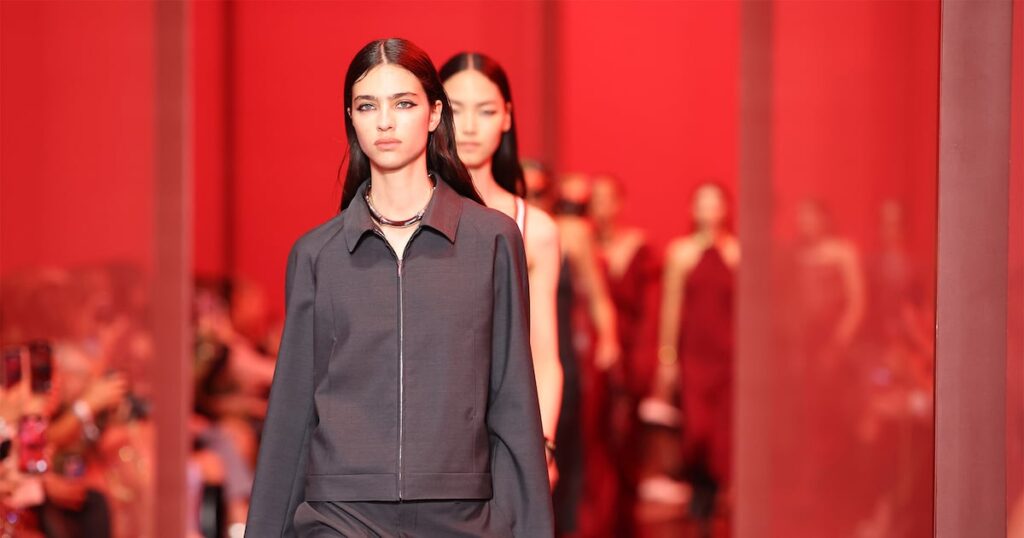LVMH shares plunged 6% last Wednesday after the luxury goods giant reported a 5% decline in fashion sales, far below expectations. With 75 top-end brands across categories, the conglomerate is widely seen as a leader in its field, typically outperforming its competitors. Shares in Kering, Hermès and Zegna, which are due to report third-quarter sales this week, also fell after the LVMH debacle.
The biggest problem for the luxury goods industry is a sharp decline in demand in China, where the economy is struggling to recover from the coronavirus pandemic. China’s real estate sector, which accounts for 70% of household assets, remains in crisis. Customers are becoming increasingly pessimistic about their financial future and continue to save. LVMH’s sales in Asia ex-Japan fell 16% last quarter, and Japan, a major destination for Chinese tourists, also slowed sharply.
Kering’s stock price has rebounded in recent days, likely because expectations for the Gucci and Saint Laurent owners were already extremely low. Gucci’s sales fell 20% in the first half, and the company’s market capitalization fell 40% year-on-year. year.
Analysts at UBS predicted a 15% decline in group sales when Kering announced on Wednesday, mainly due to “a decline in the share of (designer Sabato) de Sarno’s collections in stores. Despite the increase, Gucci has not improved.
De Sarno’s first collection was well-received among high-end buyers, with the $8,500 monogram-embossed leather jacket and $11,500 lace dress selling out, market sources said. This season, Mitheresa’s chief commercial officer Richard Johnson said, “Runway releases from Gucci…were met with extraordinary demand.”
But the broader shopper pyramid – those who buy luxury bags, shoes and other “aspirational” items only occasionally – continues to shop elsewhere. The spring/summer show, which opened with gray office tracksuits that paid homage to the Italian sunset, is unlikely to have changed things. Quarterly sales are expected to decline 24%.
The Other Luxury category, which includes Saint Laurent, McQueen and Balenciaga, is expected to decline by 14% and 5%, respectively. Stay tuned for updates on second-half profits. UBS said its previous forecast for a 30% decline “seems ambitious” as the company’s sales decline.
Bottega Veneta could be a bright spot, as it has gone to great lengths to reduce its large-scale exposure. The Italian bag maker’s sales are expected to increase by 3%.
Elsewhere, Zegna will report third-quarter results on Tuesday. While luxury goods growth has stagnated for most brands, sales of high-end ready-to-wear clothing at the Italian men’s wear giant remain strong. But the group’s Thom Browne subsidiary appears to have hit a wall, with sales plummeting 20% in the first half of this year. Stay tuned for updates on our integration with Tom Ford. The brand seems to have gotten off to a rocky start, changing designers after just two seasons.
Then there’s Hermes. The French luxury goods brand will likely continue to sell Birkin and Kelly bags without issue, according to Friday’s report. UBS expects organic growth of 12%.
Still, the brand’s practice of privileging bulk buyers across other categories has come under pressure in recent months. As enthusiasm for luxury goods declines across major economies, how many people want to play the ‘Hermès game’? Antitrust lawsuit in the U.S. says more fed up customers It suggests that.
Week Ahead wants to hear from you! Send your tips, suggestions, complaints, and compliments to brian.baskin@businessoffashion.com.



